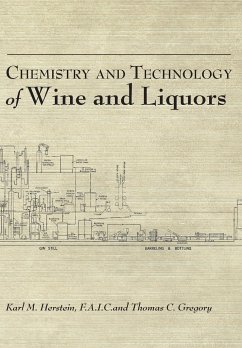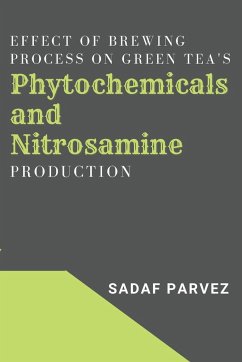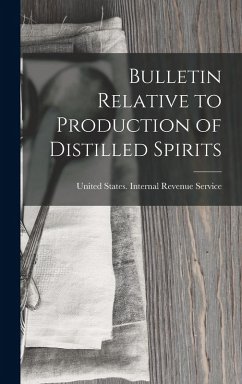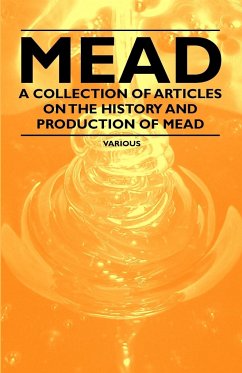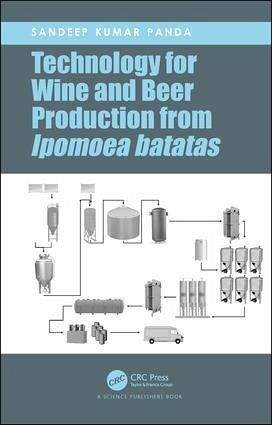
Technology for Wine and Beer Production from Ipomoea batatas

PAYBACK Punkte
112 °P sammeln!
Purple sweet potato (PSP) is a special type of sweet potato with high concentration of anthocyanin pigment in the root. It is rich in starch, sugar, minerals, vitamins and antioxidants like phenolics, ¿-carotene, and has a strong prospect as substrate for alcoholic fermentation. The low cost of sweet potato and its prospective usage in the production of alcoholic beverages make it viable for commercialization. The book reviews the use of the roots of PSP for the production of three novel products, i.e. anthocyanin rich wine (red wine), herbal/medicinal sweet potato wine, and anthocyanin rich ...
Purple sweet potato (PSP) is a special type of sweet potato with high concentration of anthocyanin pigment in the root. It is rich in starch, sugar, minerals, vitamins and antioxidants like phenolics, ¿-carotene, and has a strong prospect as substrate for alcoholic fermentation. The low cost of sweet potato and its prospective usage in the production of alcoholic beverages make it viable for commercialization. The book reviews the use of the roots of PSP for the production of three novel products, i.e. anthocyanin rich wine (red wine), herbal/medicinal sweet potato wine, and anthocyanin rich beer which have higher health benefit than other wines and beers. The book elucidates the use of novel technologies in the preparation of this non-conventional wine and beer, processing, biochemical and organoleptic quality of the finished products and health implications. It will be of interest to innovators, researchers and students. The novel technologies in wine and beer making described in the book will set a precedence for production of other alcoholic beverages from starchy sources.




